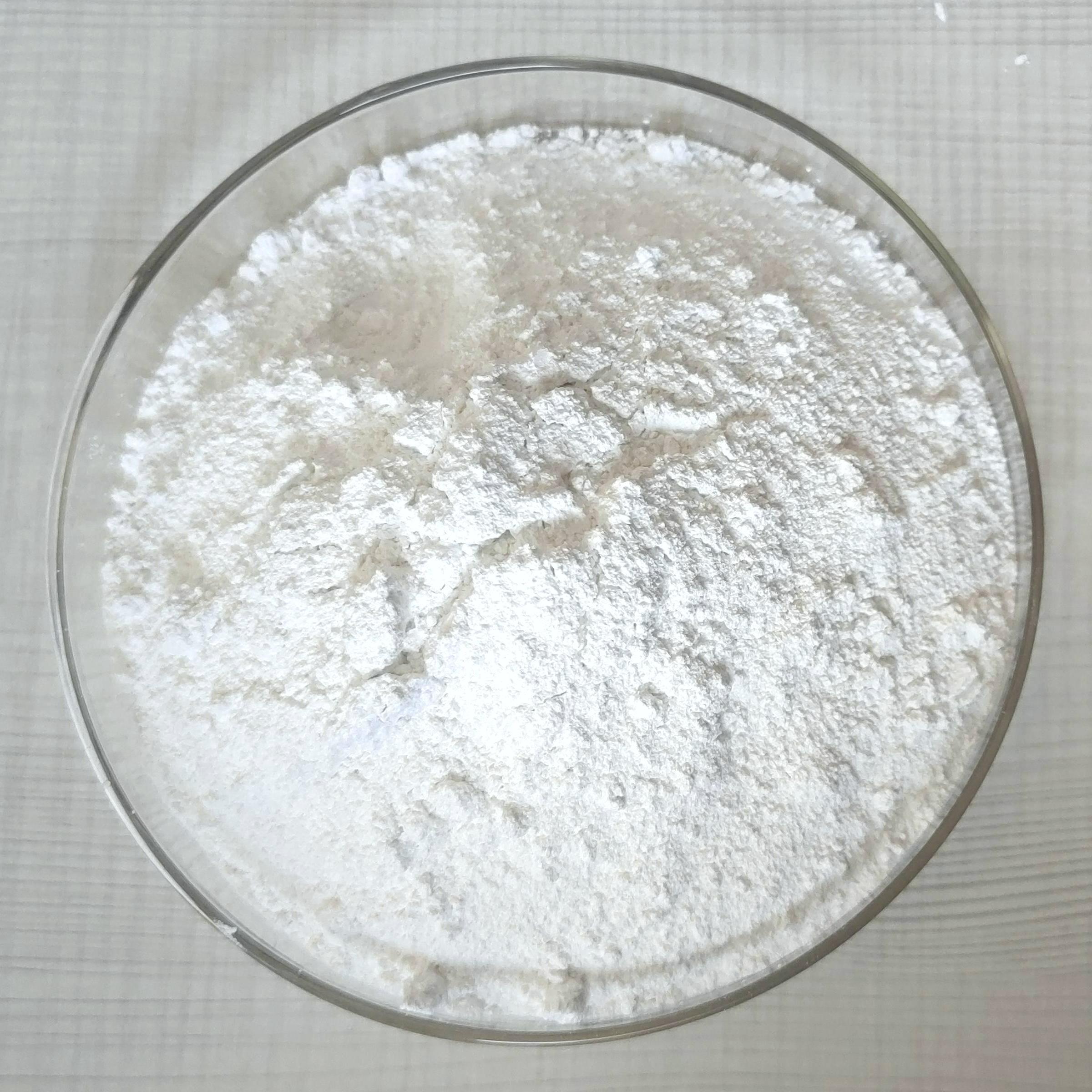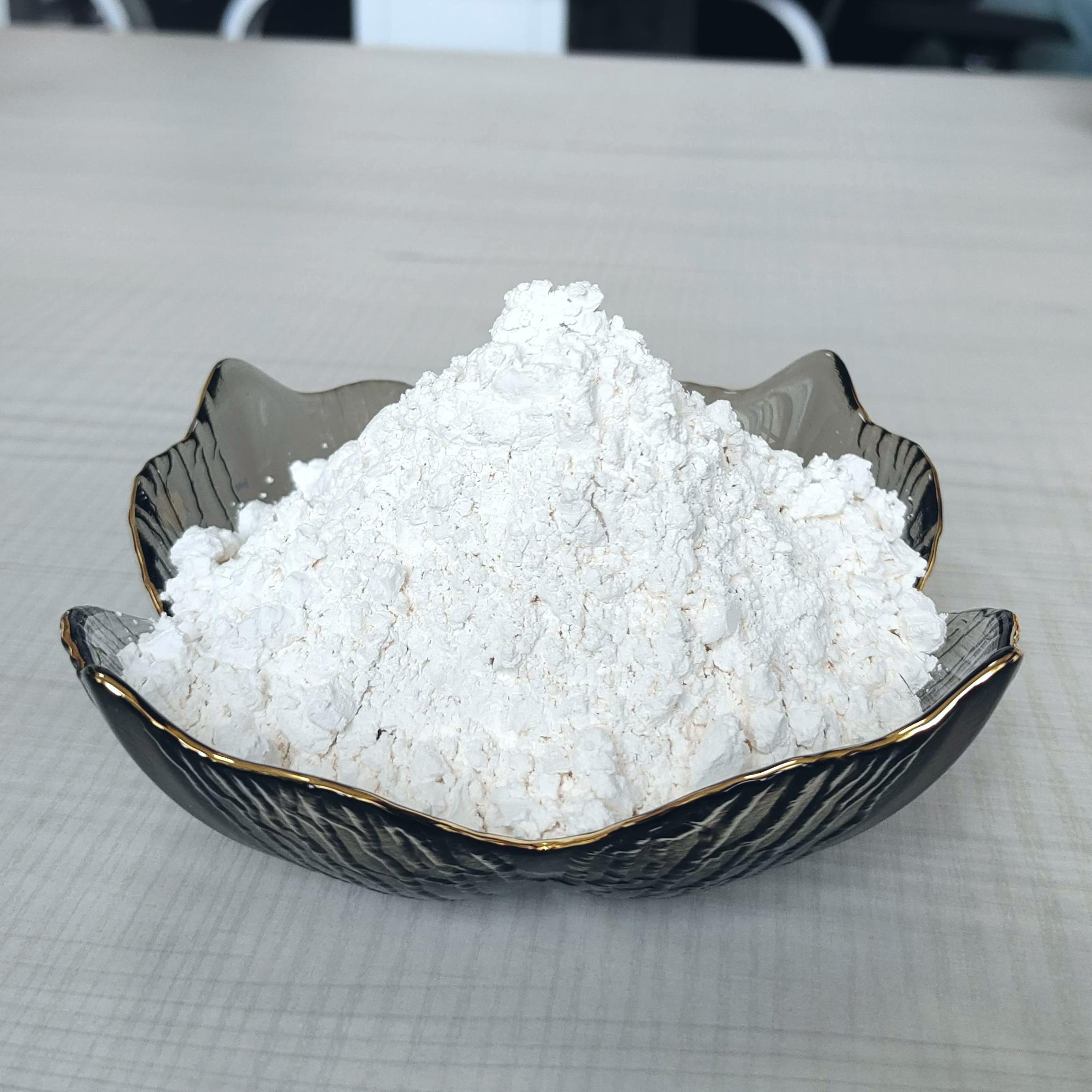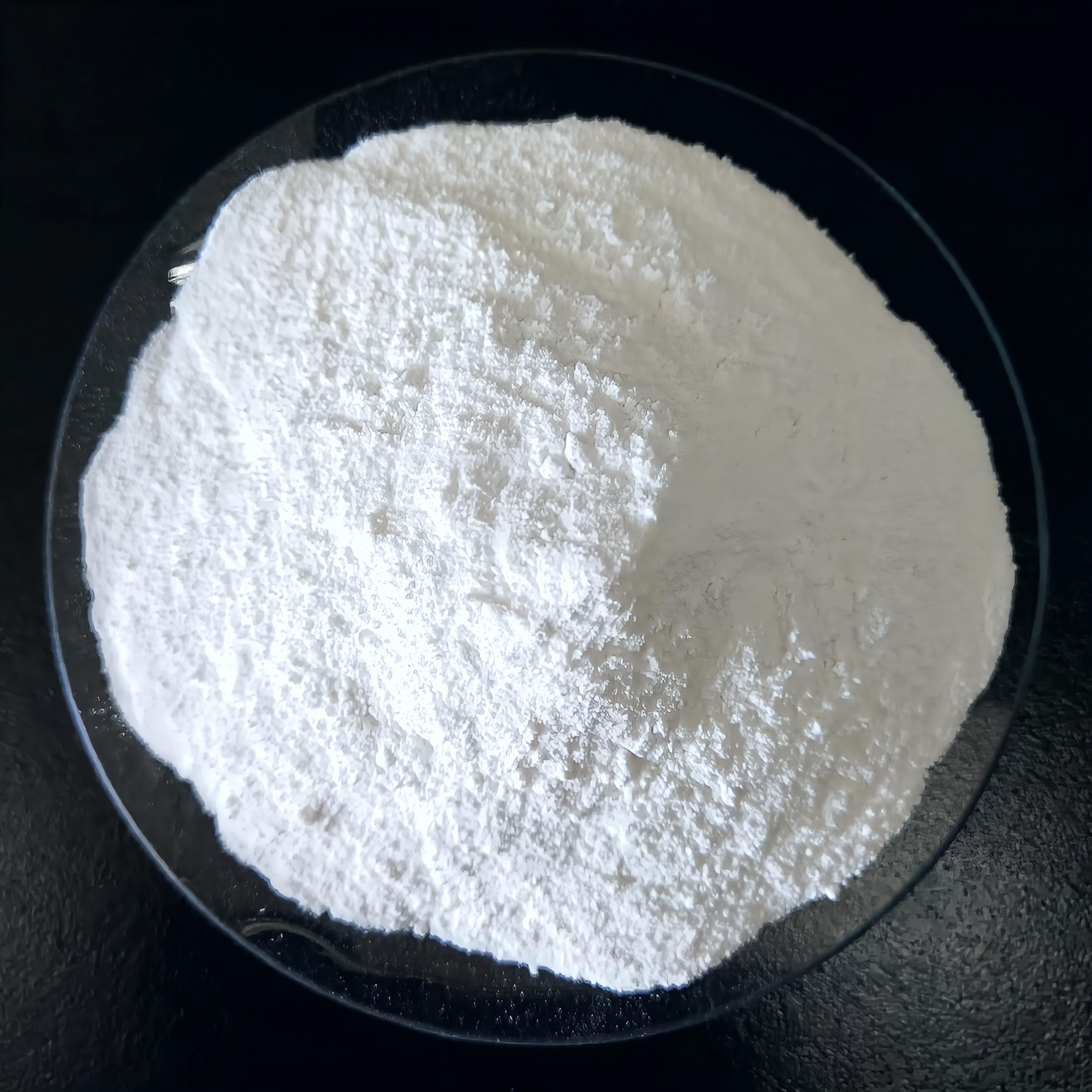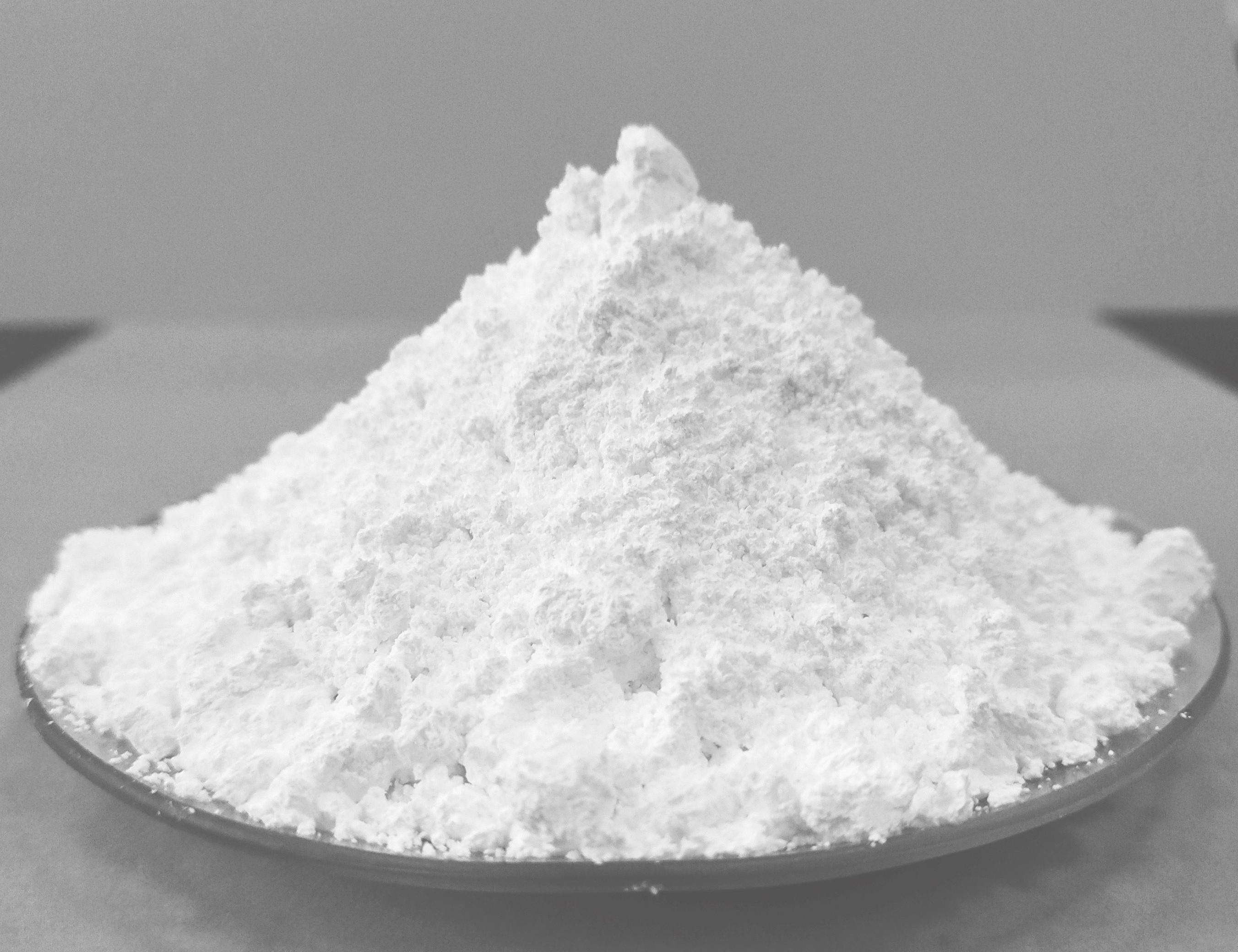04
2025
-
08
Unlocking the Advantages of Ultrafine Nano Calcium Carbonate for Eco-Friendly Innovations
Unlocking the Advantages of Ultrafine Nano Calcium Carbonate for Eco-Friendly Innovations Table of Contents 1. Introduction to Ultrafine Nano Calcium Carbonate 2. What is Ultrafine Nano Calcium Carbonate? 3. Key Properties and Benefits of Ultrafine Nano Calcium Carbonate 3.1 Environmental Impact 3.2 Enhanced Product Performance 3.3 Cost-Eff
Unlocking the Advantages of Ultrafine Nano Calcium Carbonate for Eco-Friendly Innovations
Table of Contents
- 1. Introduction to Ultrafine Nano Calcium Carbonate
- 2. What is Ultrafine Nano Calcium Carbonate?
- 3. Key Properties and Benefits of Ultrafine Nano Calcium Carbonate
- 4. Applications in Sustainable Products
- 5. Nano Calcium Carbonate in the Food Industry
- 6. Safety and Regulatory Considerations
- 7. Future Trends in Ultrafine Nano Calcium Carbonate
- 8. Conclusion
- 9. Frequently Asked Questions
1. Introduction to Ultrafine Nano Calcium Carbonate
In recent years, the surge in demand for environmentally friendly products has led to innovative material solutions that prioritize sustainability without compromising performance. One such solution is **ultrafine nano calcium carbonate (NCC)**, a versatile additive that has found its place across various industries. This article explores the myriad benefits of ultrafine nano calcium carbonate, particularly its role in enhancing the eco-friendliness of products.
2. What is Ultrafine Nano Calcium Carbonate?
Ultrafine nano calcium carbonate is a refined form of calcium carbonate characterized by its **extremely small particle size**, typically in the range of 20 to 100 nanometers. This size reduction significantly influences its properties, making it a valuable component in numerous applications. The nanoscale dimensions lead to a **higher surface area-to-volume ratio**, enhancing its reactivity and effectiveness as an additive.
3. Key Properties and Benefits of Ultrafine Nano Calcium Carbonate
Understanding the properties and benefits of ultrafine nano calcium carbonate is crucial for appreciating its role in sustainable products.
3.1 Environmental Impact
The most significant advantage of ultrafine nano calcium carbonate lies in its **environmental impact**. By replacing more harmful materials in product formulations, NCC contributes to a lower carbon footprint. The production of NCC is relatively environmentally friendly, as it can be synthesized from abundant natural resources, thereby reducing reliance on synthetic materials. Additionally, its use can lead to products that are biodegradable or recyclable, furthering sustainability efforts.
3.2 Enhanced Product Performance
Ultrafine nano calcium carbonate enhances product performance across various applications. Its small particle size allows for improved **dispersion** in formulations, leading to better consistency and stability. Moreover, NCC can improve mechanical properties such as tensile strength, impact resistance, and thermal stability. This enhancement is particularly relevant in sectors such as **construction**, where durable materials are essential.
3.3 Cost-Effectiveness
In an increasingly competitive market, **cost-effectiveness** is paramount. Ultrafine nano calcium carbonate offers manufacturers a way to optimize production costs while enhancing product quality. By reducing the amount of more expensive ingredients needed, NCC allows for a more economical formulation without sacrificing performance. This balance is crucial for companies striving to remain sustainable while maintaining profitability.
4. Applications in Sustainable Products
Ultrafine nano calcium carbonate is utilized in various industries, making it a pivotal component in the development of sustainable products.
4.1 Paints and Coatings
In the **paints and coatings** industry, ultrafine nano calcium carbonate serves multiple functions. It acts as a **filler**, improving texture and reducing the quantity of more expensive pigments. Additionally, NCC enhances the durability and weather resistance of coatings, contributing to a longer lifespan for painted surfaces. These attributes make it an ideal choice for eco-friendly formulations that seek to minimize environmental impact.
4.2 Plastics and Composites
The use of ultrafine nano calcium carbonate in **plastics and composites** enables the production of lighter yet stronger materials. It helps reduce the density of plastics, leading to lighter end products that require less energy to transport. Furthermore, its reinforcing properties improve the overall strength and durability of composites, making them suitable for a range of applications from automotive components to consumer goods.
4.3 Adhesives and Sealants
In the realm of **adhesives and sealants**, ultrafine nano calcium carbonate enhances adhesion strength and performance. Its fine particle size allows for better integration into formulations, resulting in superior bonding capabilities. This characteristic is particularly beneficial for applications requiring reliable sealing against environmental influences, thus extending the life span of products.
5. Nano Calcium Carbonate in the Food Industry
The food industry also benefits from ultrafine nano calcium carbonate, particularly as a **food additive**. It is used as an anti-caking agent and a filler in various food products. Being a natural compound, NCC provides a safe alternative to synthetic additives, aligning with consumer demand for healthier, more natural food options. Moreover, its utilization in food packaging materials helps in maintaining product quality by extending shelf life.
6. Safety and Regulatory Considerations
When integrating ultrafine nano calcium carbonate into products, it is essential to consider safety and regulatory compliance. NCC is generally recognized as safe (GRAS) for various applications; however, companies must ensure they adhere to local and international safety regulations. Conducting thorough risk assessments and ensuring proper labeling can help mitigate potential concerns about nanoparticle exposure.
7. Future Trends in Ultrafine Nano Calcium Carbonate
The future of ultrafine nano calcium carbonate appears promising, driven by ongoing research and technological advancements. As industries increasingly focus on sustainability, NCC is likely to become a staple in the formulation of eco-friendly products. Innovations in production techniques may also enhance its properties, leading to even broader applications across various sectors. The potential for **biodegradable alternatives** that incorporate NCC could revolutionize product development.
8. Conclusion
Ultrafine nano calcium carbonate stands out as a pivotal material in the quest for environmentally friendly products. Its unique properties not only enhance product performance but also contribute significantly to sustainability efforts across multiple industries. By integrating NCC into formulations, manufacturers can meet the growing consumer demand for eco-friendly solutions while ensuring product efficacy and cost-effectiveness. As we move towards a more sustainable future, the role of ultrafine nano calcium carbonate will undoubtedly expand, paving the way for innovative applications and a greener planet.
9. Frequently Asked Questions
1. What are the main benefits of ultrafine nano calcium carbonate?
**Ultrafine nano calcium carbonate offers several benefits**, including enhanced product performance, environmental sustainability, and cost-effectiveness. It improves mechanical properties and stability while reducing reliance on more expensive materials.
2. How does ultrafine nano calcium carbonate impact environmental sustainability?
Ultrafine nano calcium carbonate contributes to sustainability by replacing harmful materials, promoting recyclability, and reducing the overall carbon footprint of products.
3. In which industries is ultrafine nano calcium carbonate commonly used?
It is commonly used in industries such as paints and coatings, plastics and composites, adhesives and sealants, and the food industry.
4. Is ultrafine nano calcium carbonate safe for use in food products?
Yes, ultrafine nano calcium carbonate is generally recognized as safe (GRAS) for use in food products, but compliance with local regulations is essential.
5. What future trends can we expect for ultrafine nano calcium carbonate?
Future trends include increased focus on sustainable applications, innovations in production techniques, and potential developments in biodegradable alternatives incorporating NCC.
ultrafine nano calcium carbonate
Previous page
Get in Touch with Us Today

EZ Chemical is one of the best suppliers of calcium carbonate series products in China.
CONTACT US
E-mail: kevin_song@ezchemical.cn
ADD:Room 2008, Building 8, Jinse Yangguang, Xin'an East Road, Xin'anjiang Street, Jiande City, Zhejiang Province, China.



